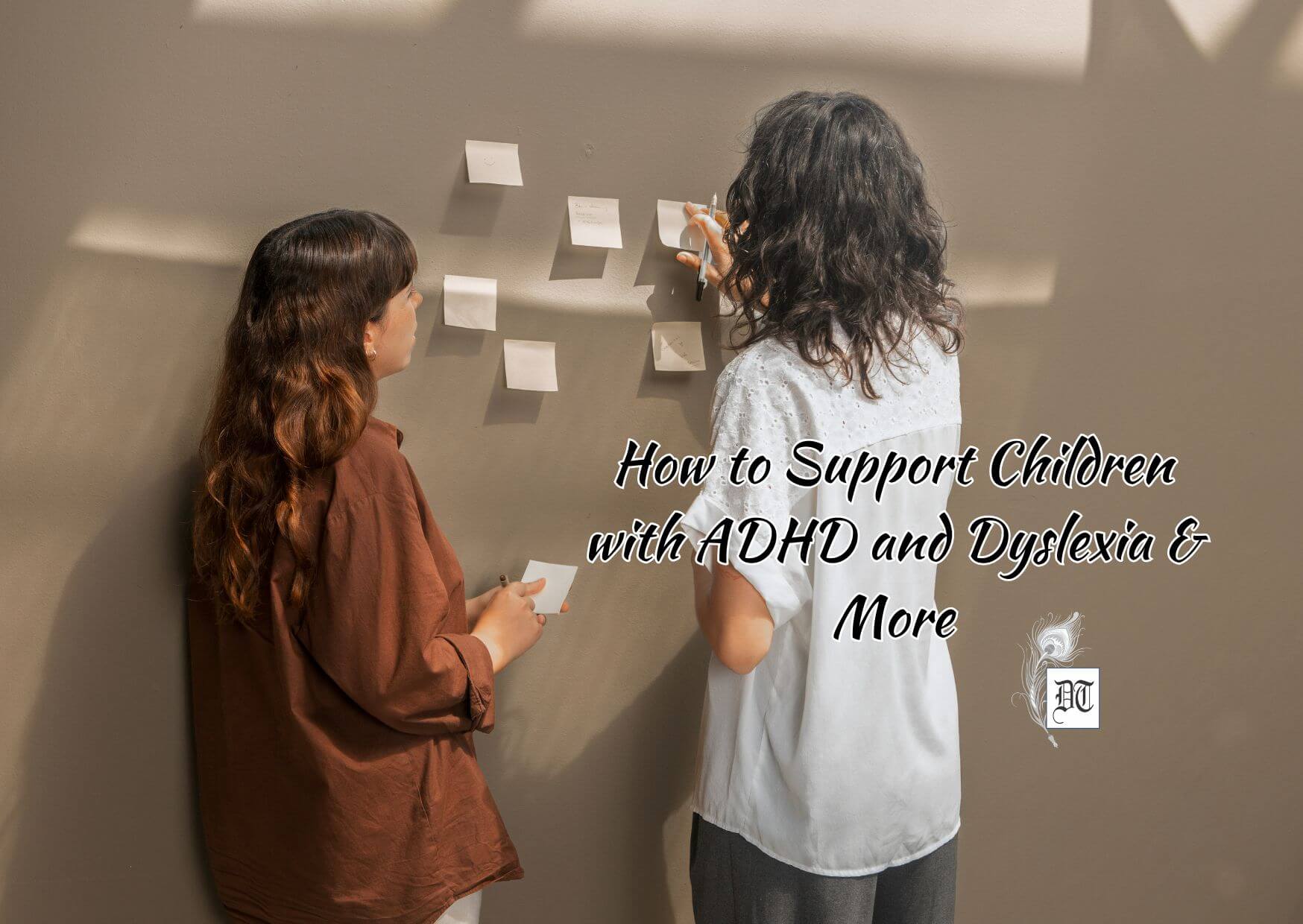Dr Navodita opines that education transcends rote learning. It’s a journey of self-discovery, empowering individuals to navigate the world and contribute meaningfully, exclusively for Different Truths.
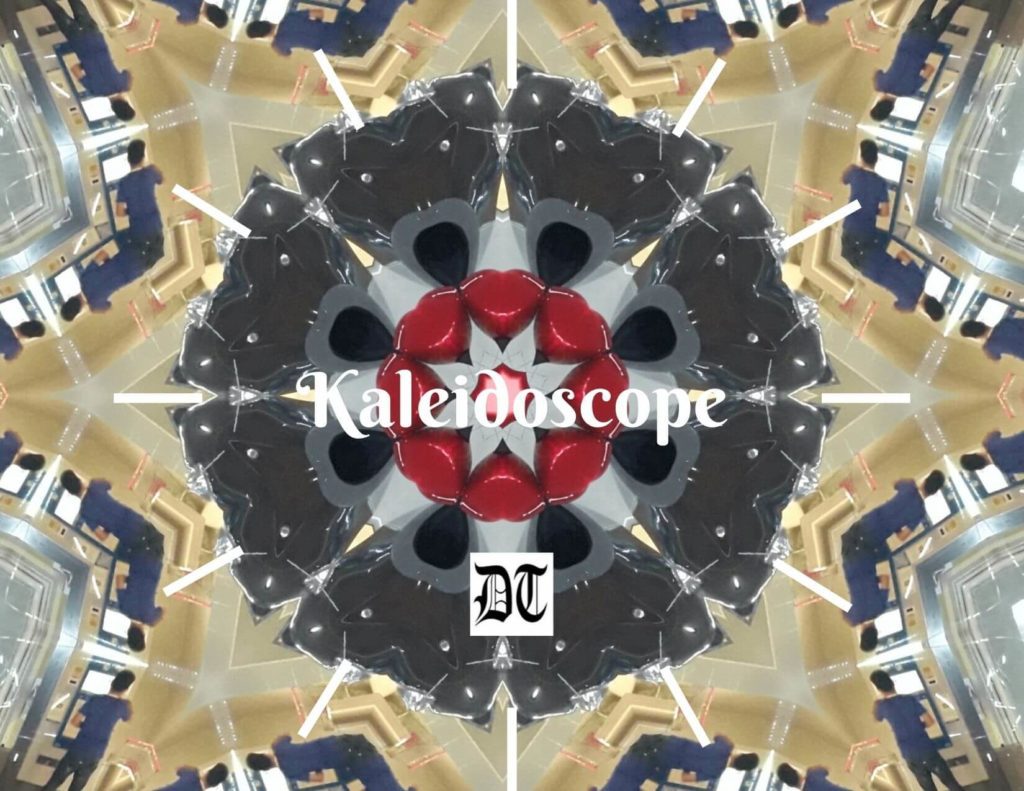
Education, for a long time, just meant going to school and learning to read books and write long essays. But isn’t it much more? To ‘educe’ means to ‘bring out’. Education, in that sense, means getting to know yourself better and can be termed a journey to ‘self-discovery,’ the greatest adventure of life.
Some historians and other people denounced the English-medium education as enunciated by Lord Macaulay as ‘unwanted’ for the current Indian scenario, as they claimed it produced an army of clerks and babus only fit to work to uplift the British government or promote English culture, values, and beliefs among the intelligentsia. I beg to differ with them.
Macaulayan education, I believe, was the need of the hour at that time, suiting the needs and purpose of those times. Not being able to adopt a new ‘education policy’ by Indians seems to negatively reflect our inability to adapt to the changing times and circumstances. Let us not blame someone else for something we haven’t grown to change, discover, or learn.
The pundits making our education policy today should have the main purpose in mind—instead of getting confused by multiple semantics, meanings, and interpretations. Is the aim promoting Indian values and culture (even if the candidate is unable to compete at the global level)? Is the aim of developing skills and subject knowledge? Is the aim to teach our children basic manners and etiquette even though the peers they will face in the future are hooliganistic or ruffian characters (at a government college or university, student union politics still entails a lot of violent protests, marches, and rebellions)?
The purpose may be manifold—developing skills, knowledge, and subject information; developing etiquette and basic manners of respecting somebody older than your age (although that is thrown out of the window when at the workplace, corporate, or government, you find someone elderly pinpointing fingers at your work). A huge amount of education, as the word educe means, is that education is not happening in books or knowledge but also in the life we live around us.
The main aim of education is to make us learners for life—to learn from our real-life experiences and not to simply understand what is written in books. The Book of Life is the greatest teacher. It is better if we impart life lessons to our candidates so that we make them into enlightened citizens instead of making them into human computers or robots with knowledge and information that is simply fed to them, and we program them into ‘workers’ or ‘labourers of the mind’.
Picture design by Anumita Roy

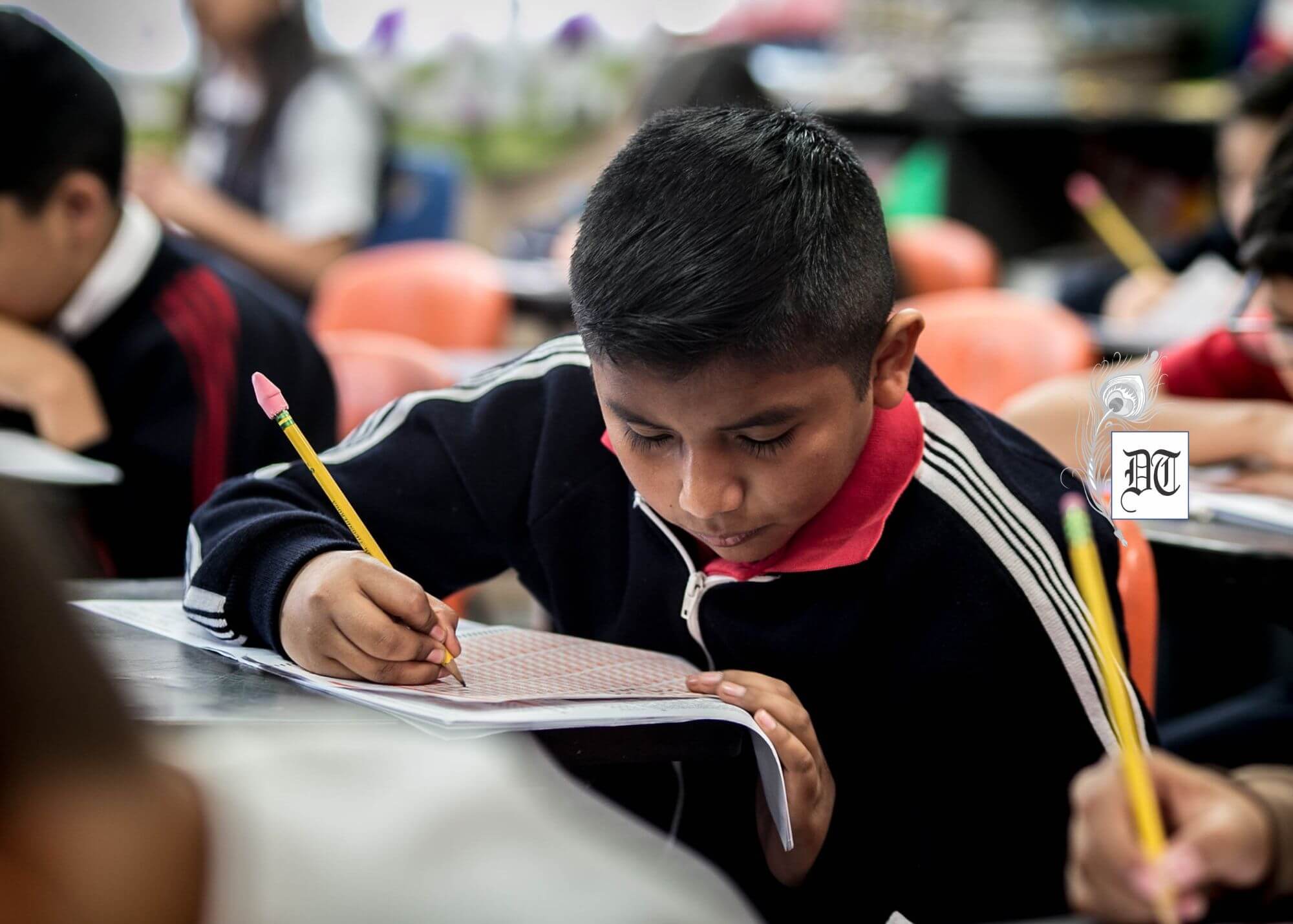


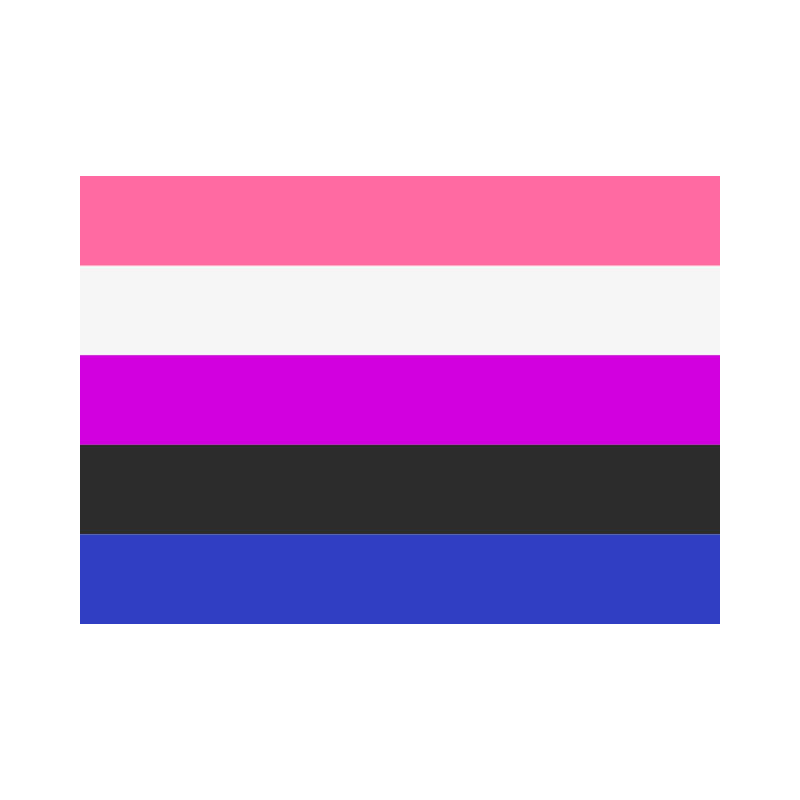


 By
By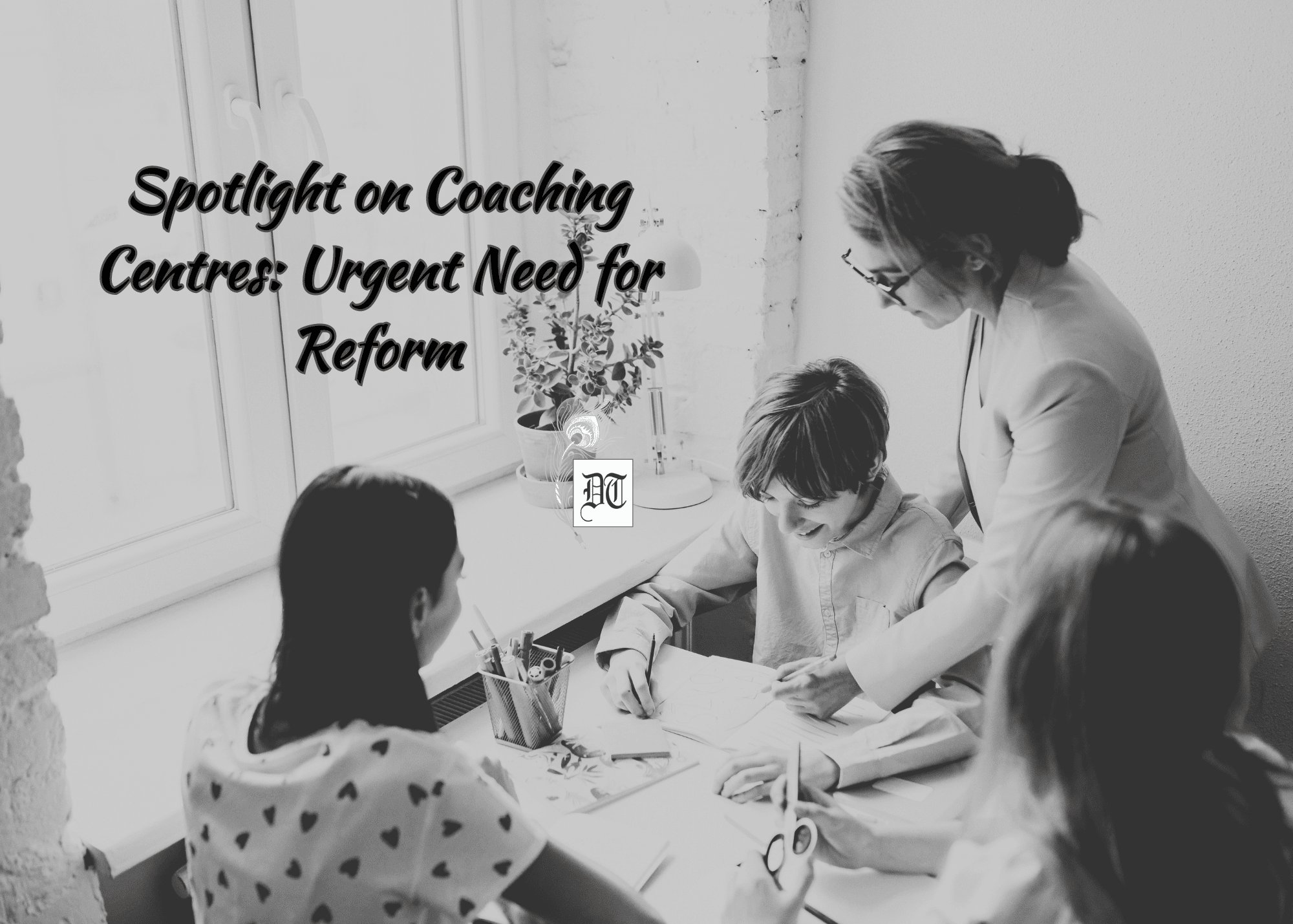
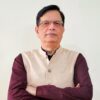 By
By